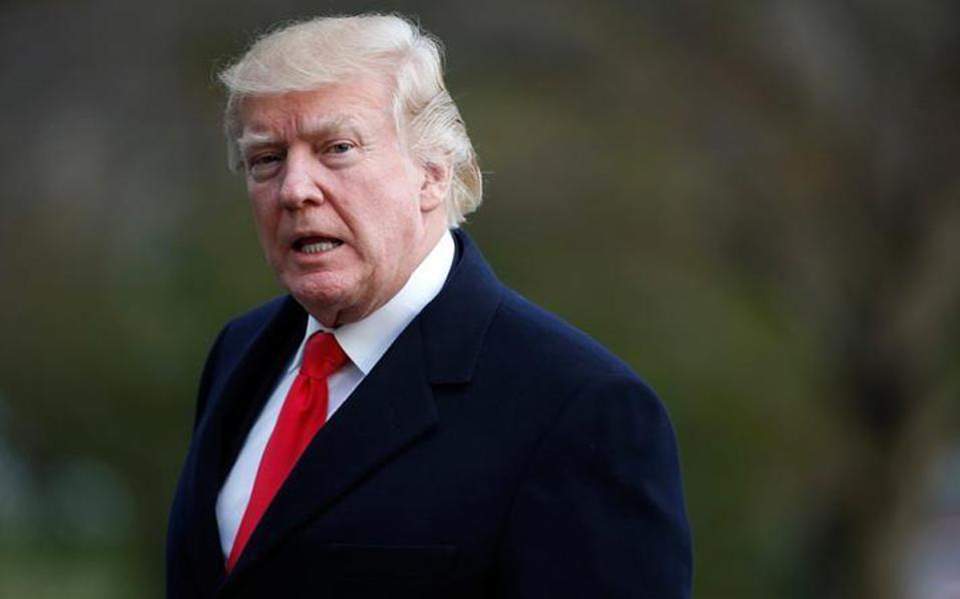The worst is yet to come

US President Donald Trump has been in office for three years. In that time, he has upended political norms both at home and abroad, realigned US political divisions from “left vs right” into “us vs them,” and rewritten the rules about presidential communication, one tweet at a time. Yet the republic still stands, a testament to the resiliency of US democracy and the institutions that support it. But there is worse yet to come.
There are a few things we can say with certainty about the next 12 months of US politics: that the Senate will take up an impeachment trial of President Donald Trump, and that Trump will be acquitted by the Republican-controlled chamber. The real question is what happens next… and virtually all roads lead to a close 2020 presidential election which nearly half the US population will consider illegitimate, irrespective of who wins. That’s why Eurasia Group has selected “Rigged! Who Governs the United States” as the world’s biggest geopolitical risk for 2020.
For Democrats and their supporters, a Trump exoneration by the Senate will be based on political calculations rather than objective facts, and so any post-impeachment election victory by Trump will be tarnished by this faux acquittal. Just as troubling for them, a triumphant Trump will see his exoneration by the Senate as proof positive that the traditional rules of US politics don’t apply to him and will act accordingly.
That will make him more likely to invite foreign interference from outside actors he believes want to see him win re-election. As is, both the White House and the GOP-controlled Senate have shown limited appetite in shoring up US defenses against foreign election interference, providing no shortage of fodder for critics. Should Trump be declared the winner of November elections, his political opponents will be livid both over his continued presence in office as well as the delegitimized process that will have re-elected him.
But there is no guarantee that he will win that election, even after he is cleared of pending impeachment charges – after all, Trump remains a US president whose nationwide approval has never topped 50 percent. And should he lose these upcoming elections, it’s highly possible (some would even say probable) that he will turn and blame those same foreign forces that his critics are clamoring about now as reasons for his loss. It’s also far from certain that he will actually concede his election loss, further tarnishing the legitimacy of the US electoral process.
All of which means there is a significant chance that the next US presidential election will need to be decided by the country’s increasingly politicized Supreme Court, and at a time when the number of Americans who say they have a “great deal/quite a lot” of confidence in the Supreme Court has fallen to 38 percent, down from 47 percent in 2000. And unlike back in 2000 – the last time the Supreme Court had to decide a presidential election – there is far less chance that the losing side will concede gracefully for the sake of American democracy, especially after spending months on the campaign trail arguing that their political opponents represent an existential threat to the US political system.
We’re not arguing that 2020 is the year when American democracy goes up in flames. It won’t; the US has spent centuries building up its democratic character, and the institutions it has established to protect that democratic character remain resilient. But barring a landslide presidential victory (the likes of which the country hasn’t seen in generations) and given the likely cycle of impeachment/elections/a run to the courts coming down the pike, it’s becoming impossible for the elections to be viewed as anything but rigged by a substantial portion of the US population.
And as bad as that is for Americans, it’s also troubling for the rest of the world as domestic US chaos will spill over to the international realm. Nervous allies will be looking at the weakest US president since Richard Nixon was embroiled in Watergate; if you thought allies were wary of tying their fortunes to the US, just wait until next year.
Ian Bremmer is the president of Eurasia Group and GZERO Media and author of “Us vs Them: The Failure of Globalism.”





